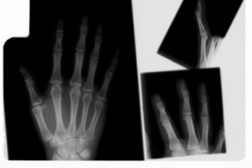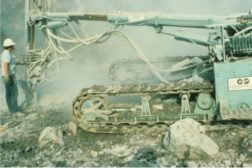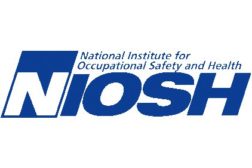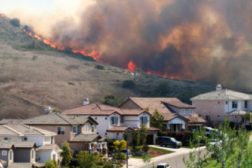Environmental Health and Safety
OSHA extends comment period on proposed silica rule - again
Due to website glitch, deadline is now February 11
January 27, 2014
Highlights of OSHA’s web chat on its proposed silica rule, Part 3
"What impact will this rule have on small businesses?"
January 23, 2014
Using workers’ compensation records for safety and health research
A NIOSH Science Blog post
January 22, 2014
"Highlights of OSHA’s web chat on its proposed silica rule, Part 2
"What assistance is OSHA going to give to small employers?'
January 22, 2014
Missed OSHA’s Jan.14 web chat on its proposed silica rule?
We’ve got the highlights for you
January 21, 2014
Company policies may contribute to health impact on the bottom line
Insurance, time off affect business outcomes
January 15, 2014
Become a Leader in Safety Culture
Build your knowledge with ISHN, covering key safety, health and industrial hygiene news, products, and trends.
JOIN TODAYCopyright ©2025. All Rights Reserved BNP Media.
Design, CMS, Hosting & Web Development :: ePublishing







